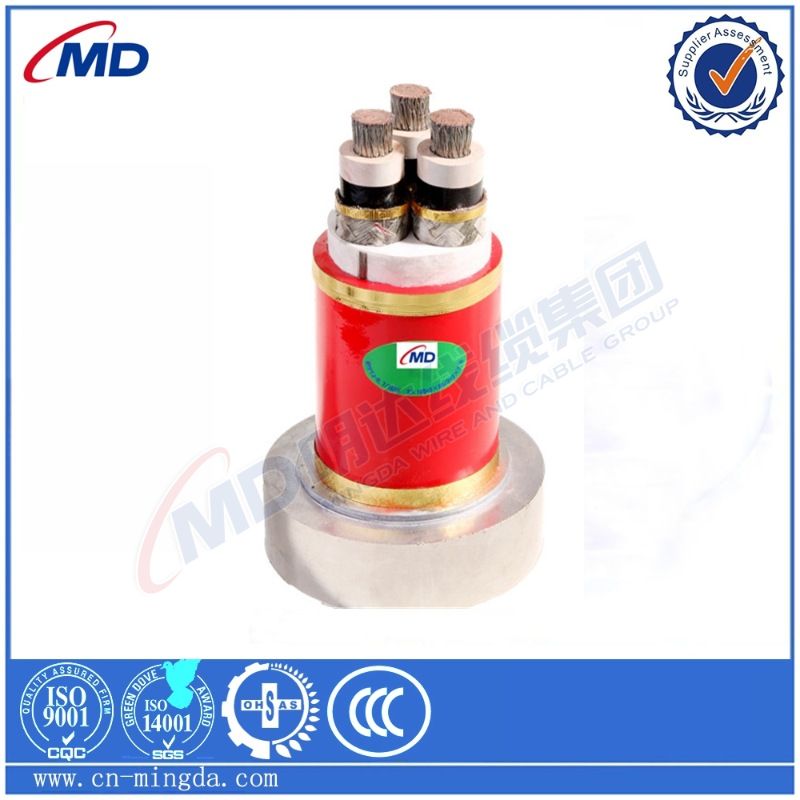Sep . 03, 2024 13:43 Back to list
ball valve flange type
Understanding Ball Valve Flange Types A Comprehensive Guide
Ball valves are an essential component in various industrial applications, commonly used for controlling the flow of fluids. Among the diverse designs available, the flange type ball valve is particularly favored for its ease of installation and robust sealing capabilities. In this article, we will explore the characteristics, advantages, and applications of flange type ball valves.
What is a Flange Type Ball Valve?
A flange type ball valve integrates a ball at its core, which features a spherical disc that controls media flow through the valve. This type of valve is equipped with flanges on both ends, allowing it to be easily bolted to pipe fittings, ensuring a secure and leak-proof connection. The flanged design simplifies installation and maintenance, making it a preferred choice for many industries.
Key Features
1. Sealing Efficiency Flange type ball valves are designed with high-quality sealing materials, which enhance their durability and reliability under varying pressure and temperature conditions. This ensures that the valve remains leak-proof, which is crucial, especially in high-stakes applications such as oil and gas.
2. Versatility These valves are available in various sizes and pressure ratings, making them suitable for numerous applications, from small-scale installations to large industrial systems. Flange size can vary according to industry standards, such as ANSI, ASME, or DIN, allowing for seamless integration with existing piping systems.
3. Ease of Installation The flanged connections provide a robust and uncomplicated method for installing valves within pipe systems. They can be easily removed for maintenance or replacement without the need for specialized tools, reducing downtime and operational costs.
4. Flow Control Flange type ball valves offer excellent flow control characteristics. The quarter-turn operation allows for rapid opening and closing, providing a reliable on-off function. This feature is particularly useful in processes that require quick responses to changes in flow conditions.
ball valve flange type

Advantages of Flange Type Ball Valves
- Robust Construction Designed to withstand harsh conditions, these valves are engineered from high-strength materials like stainless steel, brass, or carbon steel, offering long service life and reliability.
- Minimal Pressure Drop The spherical design of the ball enables smooth flow with minimal resistance, resulting in low-pressure drops across the valve, which is essential for optimizing system efficiency.
- Maintenance-Friendly With fewer internal components than other valve types, flange ball valves are easier to maintain. Many manufacturers also design them for easy access to internal parts, facilitating quicker inspections and repairs.
Applications
Flange type ball valves are utilized in various industries, including
- Oil and Gas For flow control in pipelines and processing facilities. - Water Treatment To regulate the flow of water in treatment plants. - Chemical Processing In handling corrosive materials where strict sealing is required. - HVAC Systems For efficient control of heating and cooling fluids in commercial buildings.
Conclusion
Flange type ball valves are a critical component in modern industry, combining durability, efficiency, and ease of use. Their design and functionality make them suitable for a wide range of applications, ensuring reliable performance in the most demanding environments. Understanding the features and benefits of these valves can help businesses make informed decisions, optimizing their systems for better productivity and safety.
Share
-
Reliable Wafer Type Butterfly Valves for Every IndustryNewsJul.25,2025
-
Reliable Flow Control Begins with the Right Ball Check ValveNewsJul.25,2025
-
Precision Flow Control Starts with Quality ValvesNewsJul.25,2025
-
Industrial Flow Control ReliabilityNewsJul.25,2025
-
Engineered for Efficiency Gate Valves That Power Industrial PerformanceNewsJul.25,2025
-
Empowering Infrastructure Through Quality ManufacturingNewsJul.25,2025


